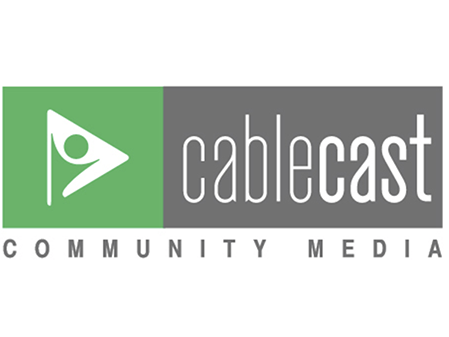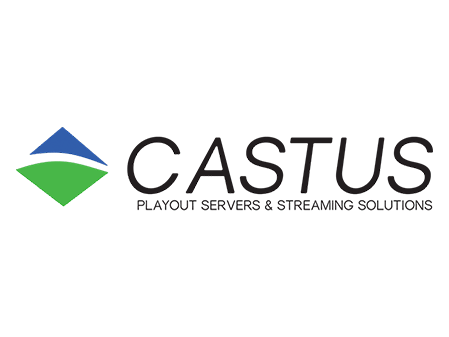6th Circuit Court of Appeals holds that in-kind services can be included in the 5% cap on local franchising video service provider fees
by Mary Cardona
On May 26, the Sixth Circuit Court of Appeals largely upheld the 2019 FCC Third Report and Order that after 35 years reinterpreted the Cable Act to hold that the value of in-kind services provided by cable companies as a result of a local franchise agreement or a state statute are to be added to the franchise fee assessed by a municipality and together total no more than 5% of company gross revenues.
However, there are some interesting wrinkles and things to keep in mind for Wisconsin municipalities.
1. The court held that non-cash cable-related “exactions should be assigned a value equal to the cable operator’s marginal cost in providing them.” That is, if an agreement or statute requires a company to construct a link to their headend to originate local programming, cable operators must show that the fee they are charging is equal to the cable operator’s marginal cost to do the work. Municipalities should insist on seeing the numbers.
2. Gross revenues include many cable company sources of revenue on the cable side of the business according to federal law. But some local franchising authorities do not fully exploit this. If municipalities or a state are only assessing 5% on a portion of company gross revenues, there is extra room for in-kind services.
3. Wisconsin’s legislature passed a statute in 2019 that resulted in Wisconsin having a maximum 4% franchise fee today (called a video service provider fee). Accordingly, this decision means that a video service provider that renders an in-kind service that Wisconsin’s statute requires a company to provide at no charge, the marginal cost to the operator would need to exceed the federal 5% cap for any charge to be made not the state-mandated 4% cap.
In Wisconsin, the only in-kind services that remain after state franchise legislation was passed in 2007 are the operating expenses for “PEG Transport” and maintenance of transport lines. The “marginal cost” for these services are not likely to exceed the 5% cap.
4. There is some talk that this decision could open the door to charging for the PEG access channel itself. But given companies would need to determine a “marginal cost” of providing an access channel to communities (not a fair market value) and the composition of the Biden administration FCC, this is unlikely. The Trump administration FCC never moved forward on this.
5. Wisconsinites should also keep in mind that the FCC affirmed in its Report & Order that video service providers may be required by local franchising authorities to fund PEG capital expenses and these expenses cannot be deducted from video service provider fees. Currently, Wisconsin does not take any advantage of its ability to charge video service providers for capital expenses related to PEG. Our 2007 legislation puts municipalities on the hook for equipment and line costs, for example, although federal law allows this to be paid for by video service providers.
The 2019 Third Report & Order exempts PEG-related equipment and facilities from the 5% franchise fee and in-kind services cap. But the State of Wisconsin does not require video service providers to provide any of the following:
PEG capital expenses
PEG transport facilities – equipment and lines (except connections from grandfathered origination points to cable company facilities)
Installation of transport facilities to transport PEG programming to a headend (no limit set on the number of these allowed per community)
PEG channel capacity
Build-out provisions (requiring a company to serve a whole city)
Customer service standards
6. The 6th Circuit case is significant for another reason. The City of Eugene had levied a fee on the broadband side of the cable company’s business. The FCC had ruled that the city could not levy such a fee. The court agreed with the FCC, holding that the City of Eugene’s 7% broadband service fee was not a franchise fee subject to the 5% cap, because it was not imposed based on an operator’s provision of cable service. However, the Court held that the city could not impose such a fee at all because local franchising authorities are not permitted to establish requirements for information services (that is, the broadband part of a cable operator’s service) as a condition of obtaining a cable franchise.








